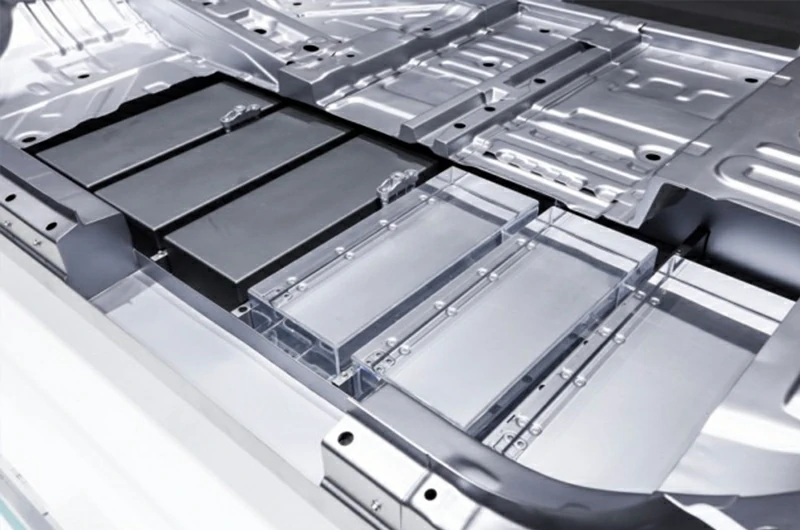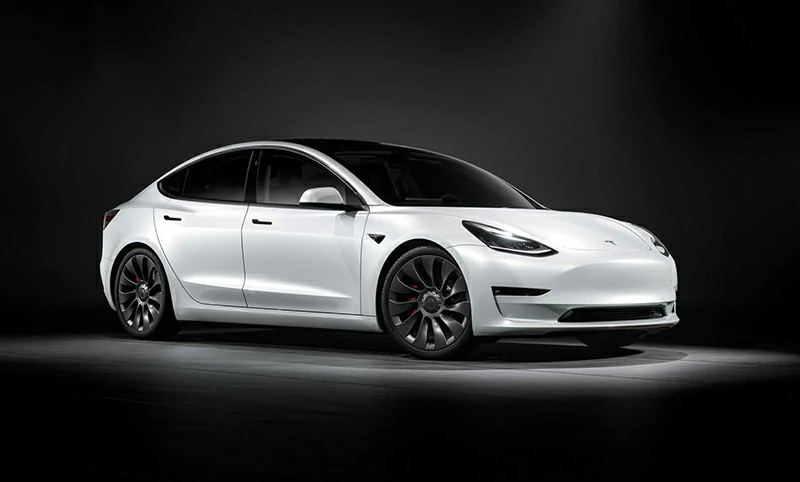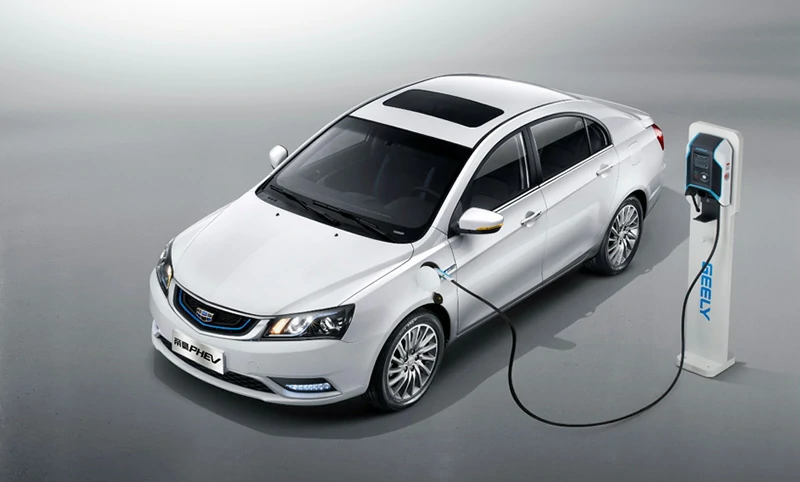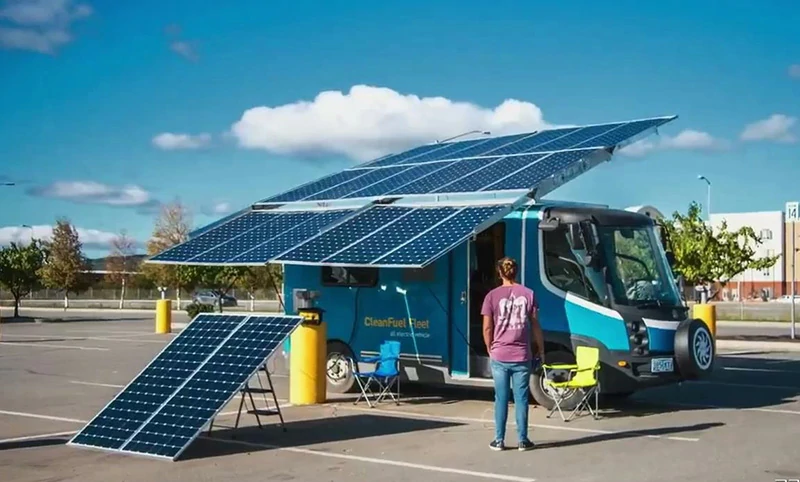Battery trays are essential components of electric vehicles, providing support and protection for battery modules. Aluminum extrusions are increasingly favored in automotive battery trays for their lightweight, high strength, corrosion resistance, and ease of processing.
Specifications of aluminum extrusions for battery trays
| Alloy | 6063,6016,6061,6082,5083 |
| Temper | T5 T6 |
| Color | Black, silver or customized |
| Length | Customized according to customer requirements |
| Surface | Anodizing, powder coating, etc. |
| Package | Wooden frame, plywood box, shrink film or customized |
Types of aluminum extrusion for battery trays
- Electric Vehicles (BEVs) Aluminum Battery Tray
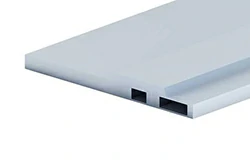
- New Energy Electric Car Battery Tray
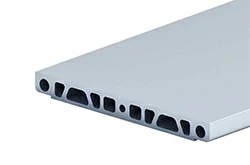
- Aluminum Battery Tray For Electric Vehicle
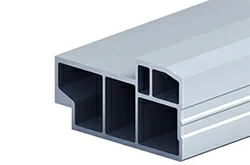
- New Energy Automotive Aluminum Alloy Battery Tray
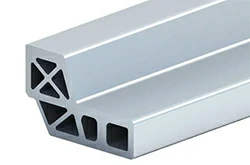
- New Energy Electric Vehicle Battery Tray
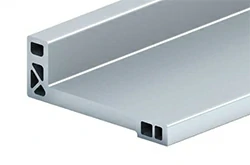
- New Energy Automotive Battery Tray Aluminum Profile
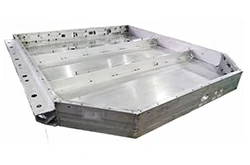
- EV Battery Tray Aluminum Profile
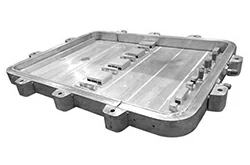
- Custom Electric Vehicle Battery Tray Aluminum Extrusions
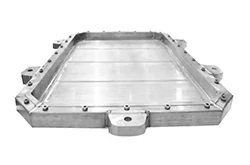
- Aluminum Battery Tray For New Energy Automotive
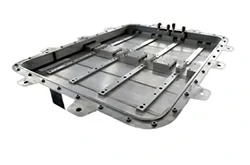
Advantages of MASTAR automotive battery tray aluminum extrusions
Lightweight: Aluminum is a lightweight metal, allowing aluminum trays to significantly reduce vehicle weight while maintaining strength and rigidity, thereby improving the range and efficiency of electric vehicles.
High Strength: By selecting suitable aluminum alloys such as 6061, 6063, and 7075, MASTAR's aluminum trays can provide high strength and durability while remaining lightweight.
Corrosion Resistance: MASTAR's aluminum trays can undergo surface treatments like anodizing and electrophoretic coating to enhance corrosion resistance and prolong lifespan.
Good Thermal Conductivity: Aluminum's excellent thermal conductivity helps in effective heat dissipation of battery trays, improving battery efficiency, safety, and preventing overheating issues.
Flexibility in Design: Aluminum profiles are highly versatile and can be manufactured into complex geometric shapes through processes like extrusion, stamping, and welding, meeting various battery pack design requirements. MASTAR offers customized battery tray solutions tailored to specific customer needs.
Safety: High-strength aluminum alloys can effectively absorb energy during collisions, protecting battery modules from external impacts. The design of aluminum trays can optimize energy absorption paths, enhancing overall vehicle safety performance.
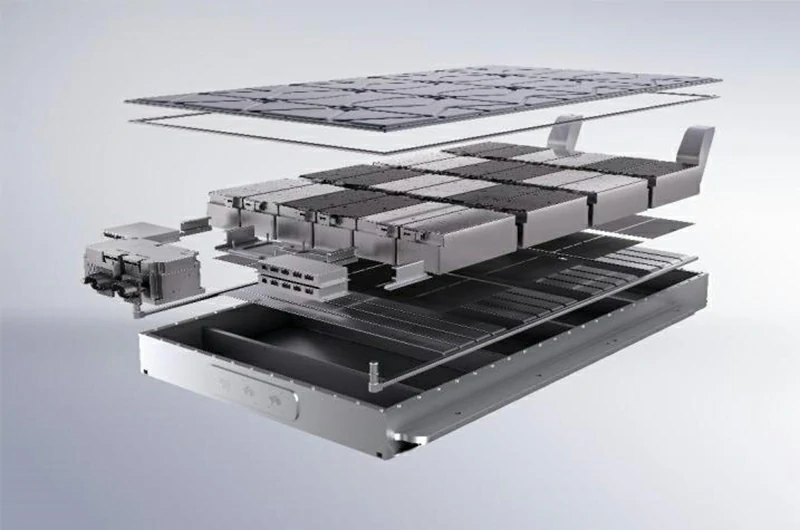
The application of MASTAR's aluminum profiles in battery trays
Electric vehicles
Passenger Vehicles: Electric passenger cars like the Tesla Model 3 and BYD Han extensively utilize aluminum profile battery trays.
Commercial Vehicles: This category includes electric buses, electric trucks, etc., which require larger battery capacities. Aluminum profile trays provide the necessary strength and lightweight properties for these vehicles.
Hybrid vehicles
The battery packs in hybrid vehicles also require lightweight and high-strength support structures. Aluminum profile battery trays are an ideal choice.
Solar-powered RVs
Solar-powered RVs require energy storage, typically with large batteries. Additionally, since RVs often operate in outdoor environments, aluminum battery trays are an excellent choice.
Extruded aluminum alloy battery tray vs cast aluminum battery tray
Extruded aluminum alloy battery tray
Advantages: Extruded aluminum alloy battery trays are processed through profile splicing to meet various needs, offering flexibility in design, ease of processing, and easy modification. In terms of performance, they exhibit high rigidity, resistance to vibration, extrusion, and impact.
Disadvantages: Using the assembly method requires welding or other methods to join different components, leading to a complex process due to the numerous parts that need welding.
Prospects: Currently, it is the mainstream design solution for battery trays.
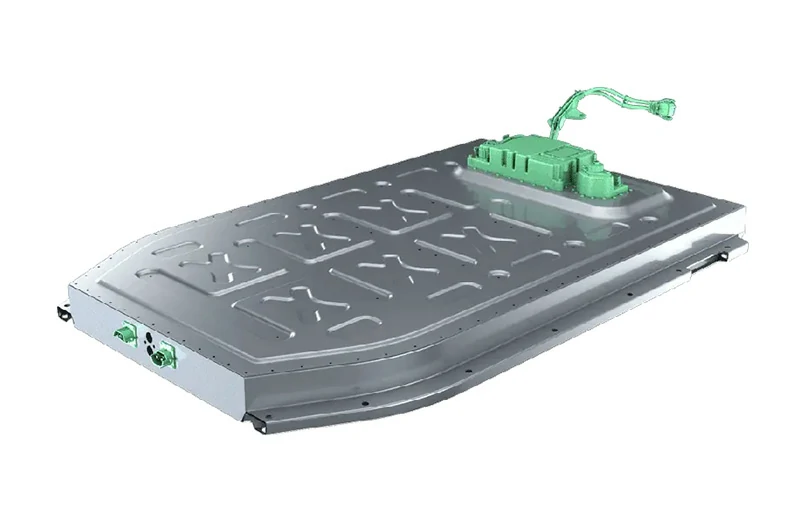
Cast aluminum battery tray
Advantages: Cast aluminum battery trays are formed in one piece, eliminating the need for further welding processes, and are commonly used in small-scale energy battery packs.
Disadvantages: Aluminum alloy is prone to defects such as shrinkage, cracks, cold shuts, cavities, and porosity during the casting process, resulting in poor sealing of the product after casting. Cast aluminum alloys have a low elongation rate and are prone to deformation after collision. Due to the limitations of the casting process, large-capacity battery trays cannot be produced using cast aluminum alloys.
Prospects: Currently not mainstream, but with the maturation of large-tonnage presses and the entry of die casting technology into the market, it is definitely a future direction.
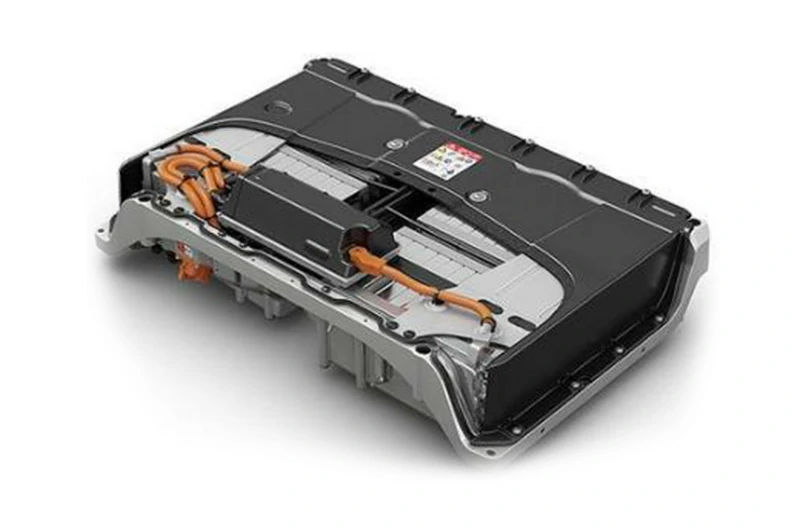
Why Choose Mastar-Metal as your aluminum material supplier
- MASTAR uses high-quality aluminum alloy, and the quality and performance of aluminum profiles are guaranteed.
- Rich inventory, a wide variety of sizes, support cutting, and fast delivery.
- With a large number of profile molds, you can save mold opening costs.
- For bulk purchase customers, the price will be more competitive.
- Provide various quality inspection reports, product quality assurance, buy with confidence.
- Rich colors to meet any decoration needs.


